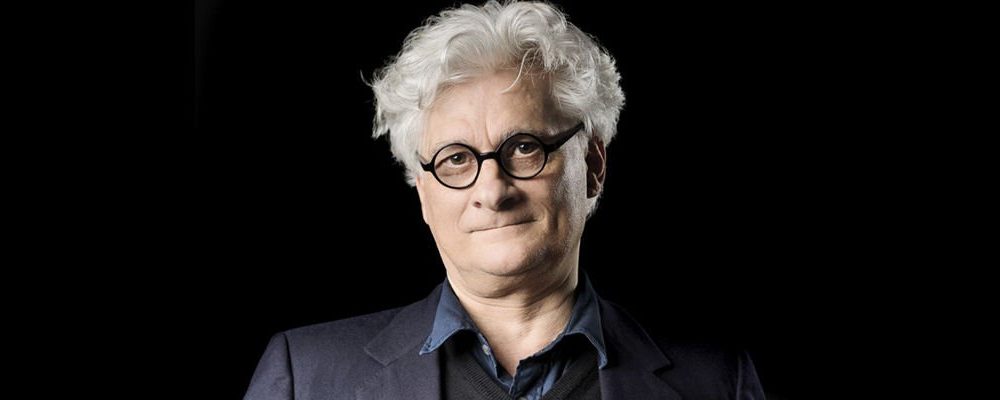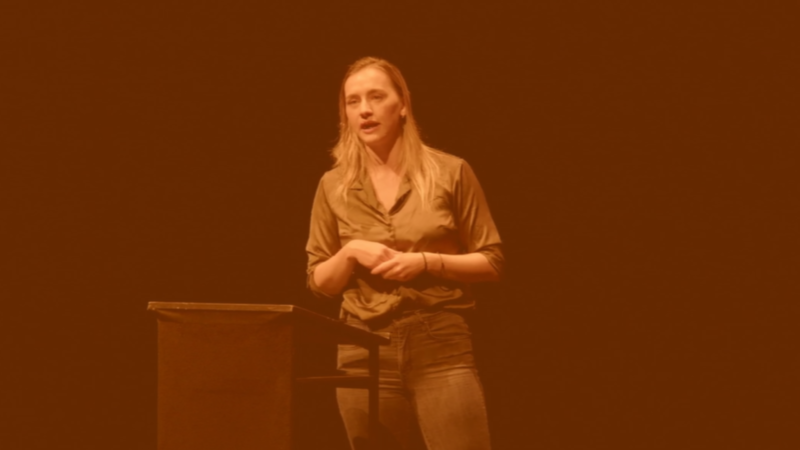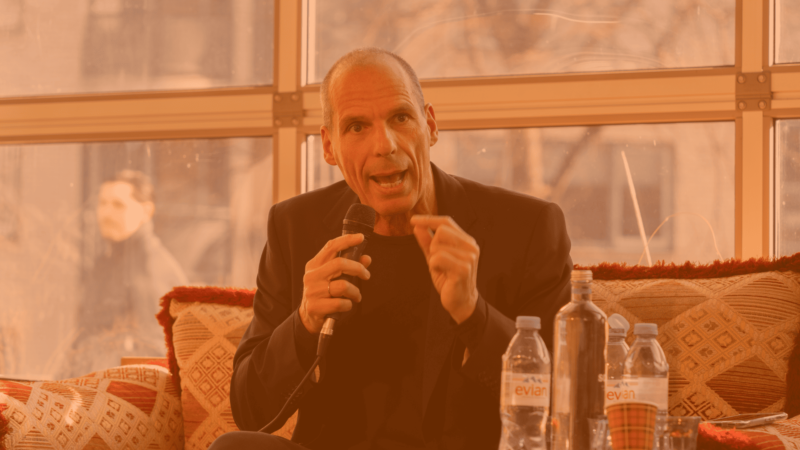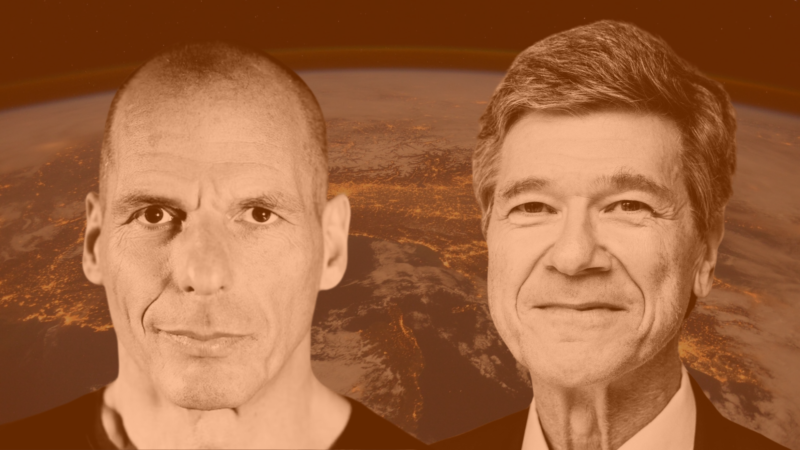DiEM25 is the first attempt to create a new political experience that does not accept any regression to the national dimension. This is why I have supported DiEM25 since the beginning of the project.
Now DiEM25 is going to be presented in some Italian cities, and this is my contribution to the discussion.
The political dissolution of the European Union seems inevitable, as racism and nationalism are growing in many countries of Europe. But we must remember the words of John Maynard Keynes: the inevitable generally does not happen, because the unpredictable prevails instead.
DiEM25 has this function: helping the unpredictable to emerge.
The growth of nationalism and racism is not a provisional conjuncture, but the manifestation of the death of internationalism and the dismantling of the neoliberal illusion. Internationalism was once the only way to avoid the kind of global civil war that is now spreading everywhere and threatening to destroy every remnant of human civilization.
The Yugoslavian civil war marked the end of internationalism, and the Union was responsible for that crime. Now the predictable future of Europe is the end of Yugoslavia.
Let’s look at the dynamics that outline the coming European civil war.
In France, Emmanuel Macron (who was elected with an embarrassingly low number of votes, in the face of an electoral abstention of 56 percent) is engaged in the enforcement of austerity measures against salaries and the dignity of labor, and is simultaneously supporting a form of economic protectionism and aggressive nationalism. “National-liberalism” is the mark of the Jupiterian president.
In Italy, a racist coalition is in charge, as the troika of Minniti-Salvini-Di Maio plans the expulsion and extermination of migrant people.
In Germany, a hypocritical psychodrama is taking place: the press and politicians are complaining because ninety nationalist-racists have entered the Bundestag, but they forget that the origin of this tragedy lies in the Hartz labor-market reforms of former chancellor Gerhard Schröder.
The center-left’s cynical support for financial predation is resuscitating Nazism. Joschka Fischer says that Germany is entering a Weimar-like situation. He is wrong: all of Europe is on the brink of a Weimar-like situation.
In Catalonia, the libertarian cosmopolitan town of Barcelona is in the grip of a fight between a revival of franquismo centralista and Catalan national-liberalism, waving the flag of independentismo.
In the background we can glimpse the great migration turning into an intractable emergency, because the Union has refused to launch a project of reception and integration. Foreign workers are badly needed by the aging populations of Europe, and rejecting them is provoking a dangerous time bomb.
The European Union has opted to be a fortress, but this fortress is frail: the white-majority era is over for cultural and technical reasons.
In his lucid folly, Kim Jong-un has said: “Westerners should awake from the dream that they are safe when they bring death to the lands of other peoples because the other peoples cannot react. Now we can bring death into the lands of the West.”
We know that this is true.
White supremacy is not a marginal manifestation of American ignorance. It is rather the tired roar of an old beast that, before dying, attempts to destroy the last remnants of humanity and the history of humankind.
The supremacy of the white imperialists of the past (Europeans, Americans, Russians) has provoked a wave of violence that is now avenging the humiliation with murderous suicide: the nuclear bombs of the North Koreans, and the jihadist human bombs in the European metropolis.
Is the spread of boundless civil war inevitable? It is: it’s too late to avert the explosion of a device that has been triggered by centuries of exploitation. So why discuss, why act, why organize, why take part in the DiEM25 project?
The answer is: because we have not forgotten the wise words of John Maynard Keynes.
If our analytical mind is clearly predicting the inevitable, our imaginative mind has to stay active so that we can be alert and seize the unpredictable way out of hell.
In the next ten years, I do not expect the unlikely restoration of democracy, but I think we should perform two political actions: the first is to prepare the unpredictable (a technical invention, or an artistic insurrection of precarious cognitive workers, or a psychedelic pill that makes visible what at present we are unable to see).
The second action is to reformulate and transmit an agenda of social egalitarianism, of freedom from the theological domination of technology, so that a trace of solidarity may be passed on to the next generation, beyond the apocalypse that dominates and obscures our vision.
DiEM25, in my humble opinion, has to work in two directions:
The first is to multiply non-identitarian shelters in order to defuse the civil war.
The second is to launch a cultural campaign for the general reduction of labor time, for a basic income, for the redistribution of wealth.
This may sound utopian today, I know, but in the coming years of disruption and turmoil, these propositions will become more and more realistic, as they are the only way for humankind to reemerge human from the storm.
This article originally appeared in e-flux conversations.
Do you want to be informed of DiEM25's actions? Sign up here















